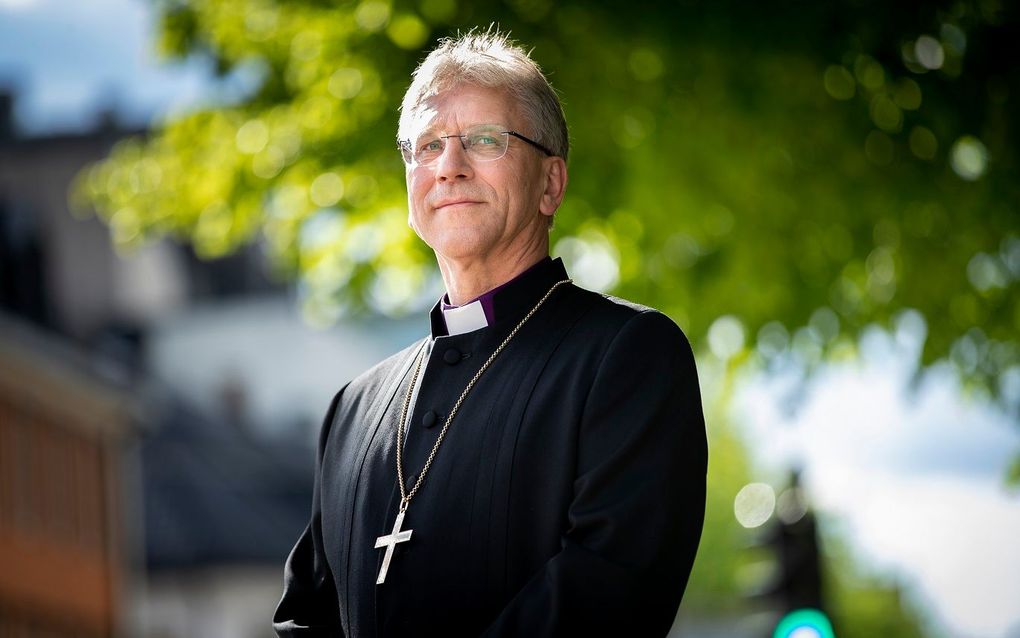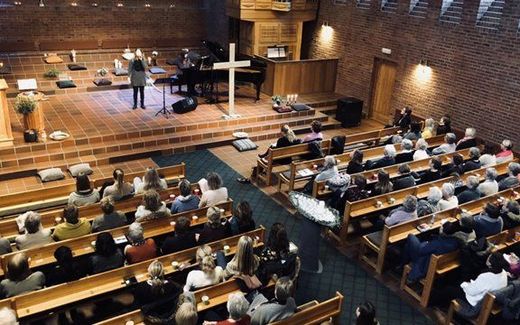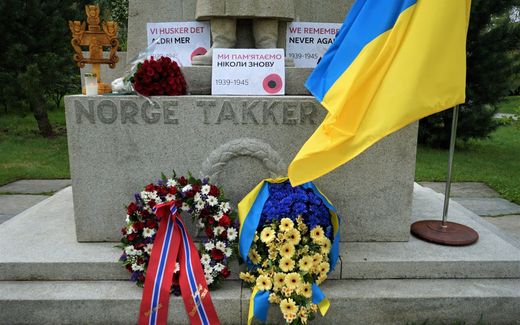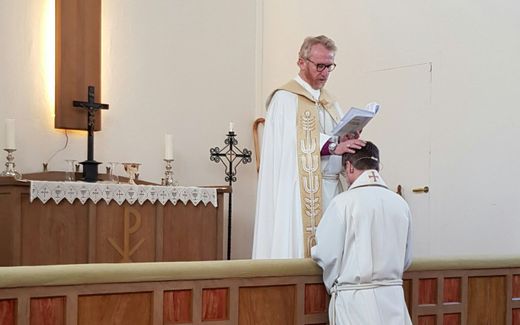“Priests opposing female colleagues should consider their future”

Olav Fykse Tveit. Photo Bo Mathisen, Kirkerådet
Northern Europe
Norwegian priests who oppose female colleagues should consider whether they have a future in the Church of Norway.
That says Olav Fykse Tveit, the current Preses of the Bishops' Conference of the Church of Norway.
The statement comes as a reaction to what a vicar, Benjamin Anda, said in an interview with the Norwegian daily Sunnmørsposten that he would disagree with female priests. However, he did not want to elaborate on what this means for cooperation with female colleagues.
That interview caused reactions. While some people called for dialogue and coexistence, the Bishops' Conference's Preses took a stronger stand.
Fykse Tveit tells the Norwegian Christian daily Vårt Land that the Bishops' Conference's decision draws a clear line: Those who want to be ordained for service in the church are expected to commit themselves to the church's beliefs. This includes recognising that female colleagues are "rightly called". The Preses refers to a 2020 decision in which the Bishops' Conference of the Church of Norway decided that male priests cannot refrain from working with female priests, which has had consequences for several priests.
Ordained
Fykse Tveit says that all the bishops now ask all prospective priests whether they undertake to work with female priests and that this is a prerequisite for being ordained.
He believes it is important to be clear about the question because it is a central teaching question and out of consideration for the candidates themselves. There should be no uncertainty about what expectations they will meet in the service.
Individual bishops have to decide what to do when already employed people have difficulties working with women. According to Fykse Tveit, dismissal can not be outruled in this regard.
Fykse Tveit emphasises that the Church of Norway wants a broad diversity of opinions among the clergy. At the same time, he believes it is important to be clear that it is expected that people gather around certain central truths of faith - not least regarding the view of the sacraments. "It is an appeal for reflection: Can you be a priest in a church with which you fundamentally disagree on such a central question?"
Related Articles






